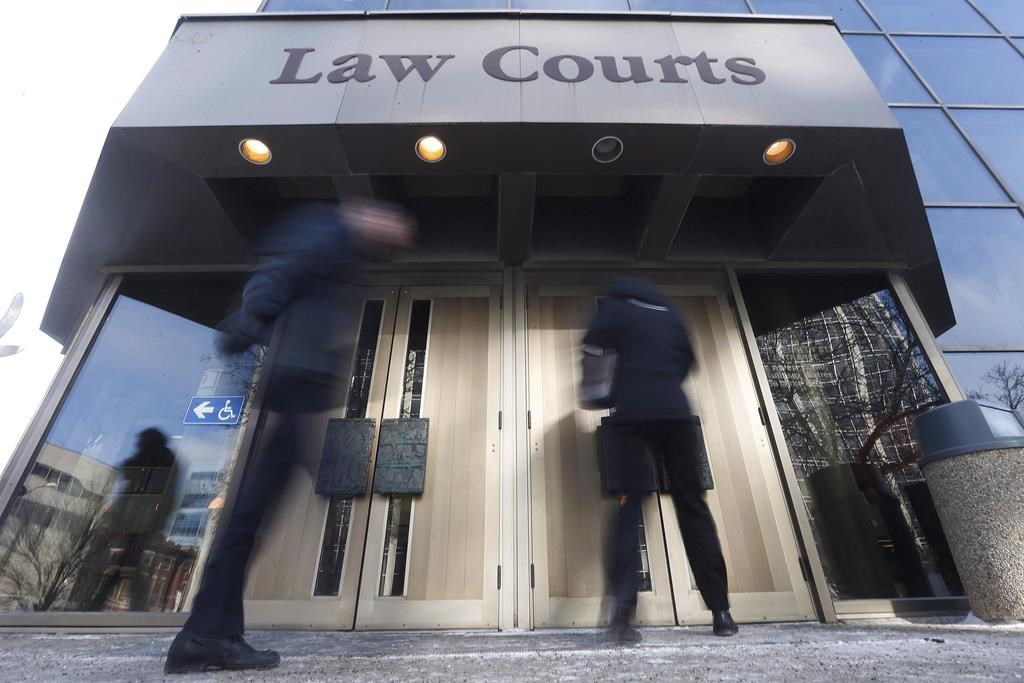Chief Justice Glenn Joyal of the Manitoba Court of Queen’s Bench says the province did not live up to its constitutional duty to consult First Nations near Lake St. Martin, where the province is planning to build two channels to reduce the risk of flooding.

As part of preparatory work, the Manitoba government issued a permit in 2019 for a right of way on Crown land, so engineers could do groundwater monitoring and other activity.
The Interlake Reserves Tribal Council, which includes six communities in the area, said there was no discussion in advance of tree-clearing and other work that was done.

Lawyers for Manitoba argued that the province had started speaking with First Nations and the clearing was part of the broader consultation process on the project.
Joyal, however, ruled that the clearing and other work done under the 2019 permit was not properly communicated beforehand.

Get breaking National news
“I agree with the applicants when they say that throughout the period of time in question, leading up to and shortly following the issuance of the permit, Manitoba had multiple opportunities to advise the applicants of the clearing contemplated by the permit, but did not do so in any meaningful way,” Joyal wrote in his decision released Thursday.
The government only advised two of four affected First Nations communities of the permit work in advance, Joyal added, and that was in an email over the Christmas holidays in 2018.
“The Christmas email did not say they only had seven business days within which to provide a response before the permit would be issued.”
Joyal rejected a claim by the First Nations of inadequate consultation concerning a licence granted to build an access road leading to the area.

The government followed proper procedure and was within its rights to dismiss an appeal of the licence, he wrote.
The court battle is part of a larger dispute over the $600-million flood-prevention project, which would involve two channels built to drain high water from Lake Manitoba and Lake St. Martin into Lake Winnipeg.
The Lake St. Martin area was severely flooded in 2011, forcing thousands from their homes.
The project has yet to be approved as environmental regulators in Ottawa have questioned whether the Manitoba government has done enough to address First Nations concerns.
- Trump threatens Canada with 50% tariff on aircraft sold to U.S.
- B.C. premier calls meeting between Alberta separatists, Trump officials ‘treason’
- Pierre Poilievre prepares for leadership review as Conservatives gather in Calgary
- Gun buyback not hurt by some provinces, police refusal to help: minister








Comments